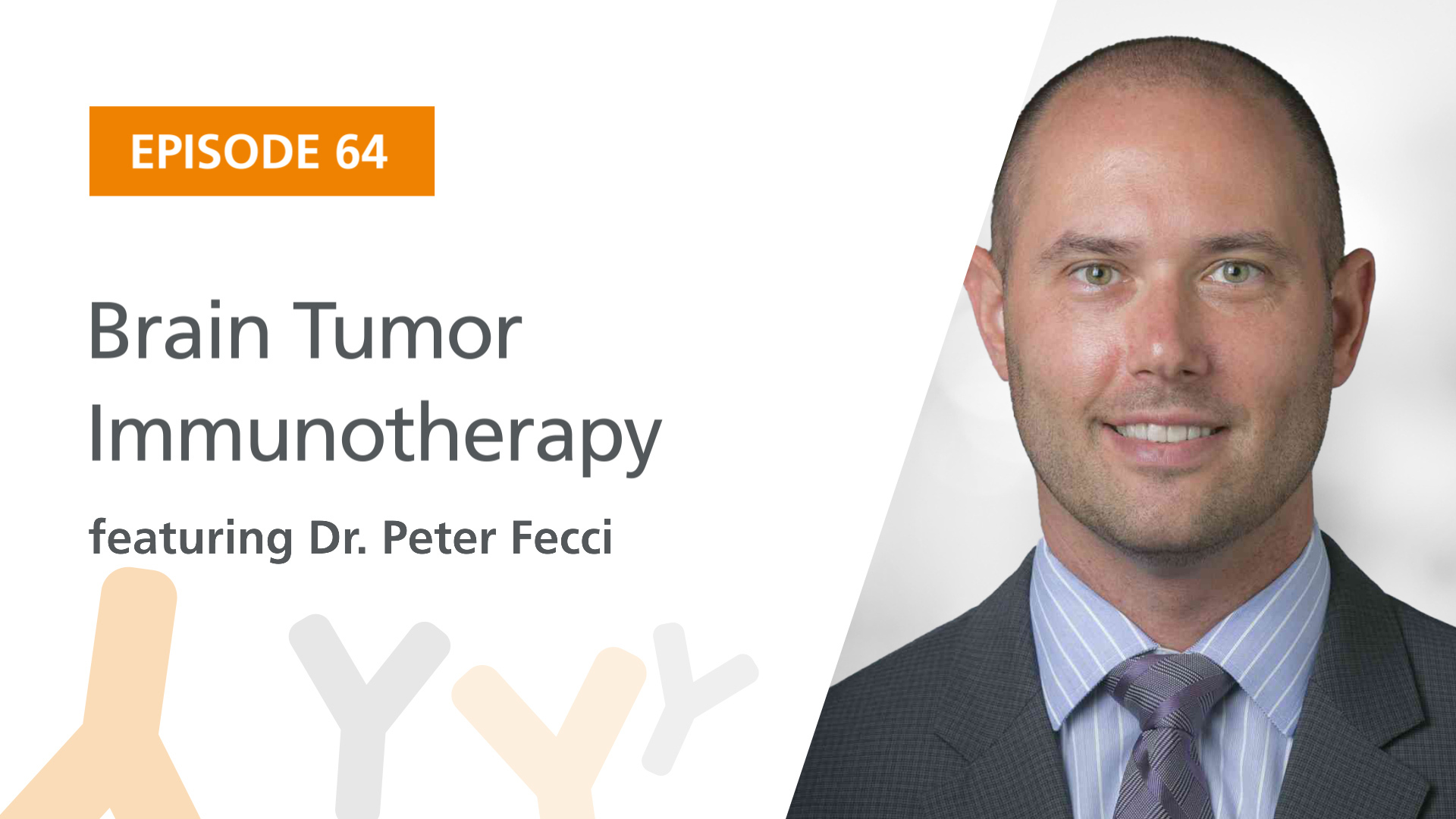
Guest:
Dr. Peter Fecci is a Professor of Neurosurgery at Duke University and the Director of the Duke Center for Brain and Spine Metastasis. His research focuses on brain tumor immunology and immunotherapy, and T cell dysfunction in glioblastoma and other intracranial cancers. He talks about activating T cells to target brain tumors and his team’s work on targeting MHC-I-negative tumor cells.
Featured Products and Resources:
- Register now for the International Congress of Immunology in South Africa!
- Keep current with the latest in neural cell news.
The Immunology Science Round Up
A Universal Flu Vaccine Candidate – A group 2 hemagglutinin universal influenza virus vaccine candidate protects mice against group 2 influenza viruses.
Regulatory T Cells in Muscle Function – Exercise induces a highly functional and stable muscle Treg phenotype.
An Antiviral Drug and SARS-CoV-2 Mutations – Scientists identified a mutational spectrum from viruses in patients treated with molnupiravir.
Microbial Exposure and Allergic Inflammation – Increased microbial biodiversity in mice does not protect against allergic inflammation, in contrast to what would be predicted by the hygiene hypothesis.
Image courtesy of Dr. Peter Fecci


